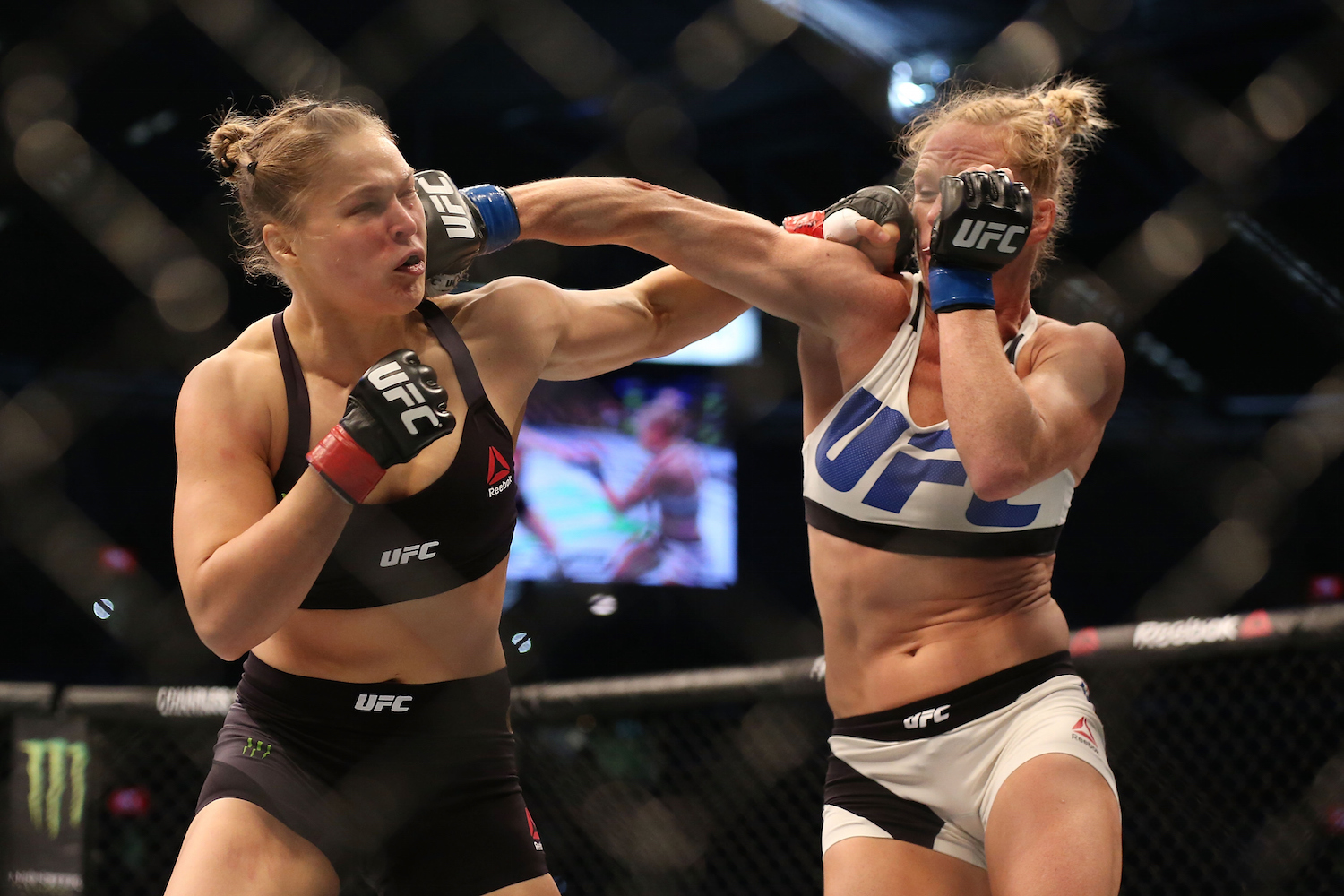- 2017 was a bruising year for the media and marketing industries. And it was largely a precursor to what lies ahead.
- 2018 will be the year that many publishers look to fundamentally alter their business models and diversify their revenues.
- It will also be time for consulting firms to prove that they can deliver something better than the typical ad agency.
- Amazon will finally seize the opportunity to establish itself as a formidable digital ad player in 2018.
- And finally, brands will come to terms with the fact that digital platforms can’t be both open and safe – and will continue to take more control in their own hands.
2017 was a year of intense disruption in the worlds of media and marketing. And if anything, it was all but a precursor to what lies ahead.
Despite facing a series of measurement and brand safety challenges of their own, Facebook and Google gobbled up an even bigger gulp chunk of digital advertising, just as Amazon started closing in on their turf.
In addition, the ad agency model came under even more threat from yet another direction, with management consulting firms like Deloitte and Accenture coming for them.
And lastly, once-upon-a-time digital media darlings like BuzzFeed and Mashable had rude awakenings of their own.
In 2018, expect more upheaval in media and adland. So here are four big stories we'll be tracking closely over the next 12 months:
Digital media will have its day of reckoning
If 2017 was any indication, things don't necessarily look rosy for digital media publishers. Mashable was sold in a fire sale for a fifth of it's valuation, BuzzFeed and Vice reportedly fell short of their revenue goals and Oath, owner of Yahoo, AOL and HuffPost, saw massive layoffs. Across the industry, publishers which are dependent largely on advertising for revenue are trying to diversify - quickly.
Indeed, 2018 will be the year that many publishers look to fundamentally alter their business models. Expect lots of experiments with e-commerce and subscriptions, all the while moving away from putting all their bets on platforms like Facebook.
But make no mistake, not everyone will be successful, and we could see more consolidation in the space.
Consulting firms will have to prove their mettle
Management consulting firms have been a looming threat to ad agencies for a few years now, ramping up on acquisitions over the past years. In fact, the last one came just this month, with Accenture acquiring Irish agency Rothco.
Consulting firms such Accenture Interactive, IBM iX and Deloitte Digital claim that they can integrate traditional creative with business and tech strategy better than agencies can. But 2018 will be the time they need to prove that they can indeed deliver something better than the typical ad agency.
They seem to have gotten off to a good start, with Accenture winning Maserati and Deloitte scooping up LG and Chipotle.
"The knock on these guys has always been, they give you decks and then leave," Greg March, the CEO of the independent ad agency Noble People, told Business Insider earlier this year. "They've got to change that. If you are going to charge somebody $2 million for a strategy, that's one thing, but now they are going to have to execute."
Amazon will start flexing its advertising muscles
If there's one thing that marketers agree on, it's that Amazon is poised to become the third leg of the duopoly consisting of Google and Facebook. While Amazon doesn't break out its advertising revenue separately, its ad business is now estimated to surpass $1 billion.
If 2017 was mostly hype and speculation, expect 2018 to be the year that Amazon seizes the opportunity to establish itself as a major digital ad player.
In fact, the retail juggernaut has already started advancing. The company is gearing up to launch a new office in New York City with 2,000 jobs in advertising, has ramped up on its search and video advertising offerings and has become a major ad tech player. The sheer amount of data it sucks in, as well as its thriving e-commerce business, make it a player brands can't ignore.
"Amazon has a huge user base, and is the fourth most-visited site in the United States. As a company, there is so much that they do already, that it makes sense for advertisers to want to take action within the platform," said Michael Connelly, cofounder and CEO at ad tech company Sonobi. "This puts them in a position to not only succeed, but potentially overtake Facebook and Google in the future.
Big brands will start insisting on more control of their digital ads
With issues of fraud, transparency and brand safety reaching a fever pitch in 2017, a number of big brands including Proctor & Gamble, Unilever and JPMorgan Chase took it upon themselves to take charge and clean up the murky world of digital advertising. And it seems to be paying off.
P&G slashed spending on digital ads by $100 million, and still witnessed a growth in sales, while JPMorgan Chase cut the number of websites it advertised on from 400,000 to 5,000, and eventually 10,000. And as many as 35% of brands, including Sprint, took their programmatic ad buying in house.
Expect this trend to continue, as brands come to terms with the fact that digital platforms can often not be both open and safe.
"The platforms have some responsibility, but it requires more policing on the brands' side," said Jake Davidow, executive director of media and channel strategy at JPMorgan Chase. "We are responsible for where our ads ultimately appear."

